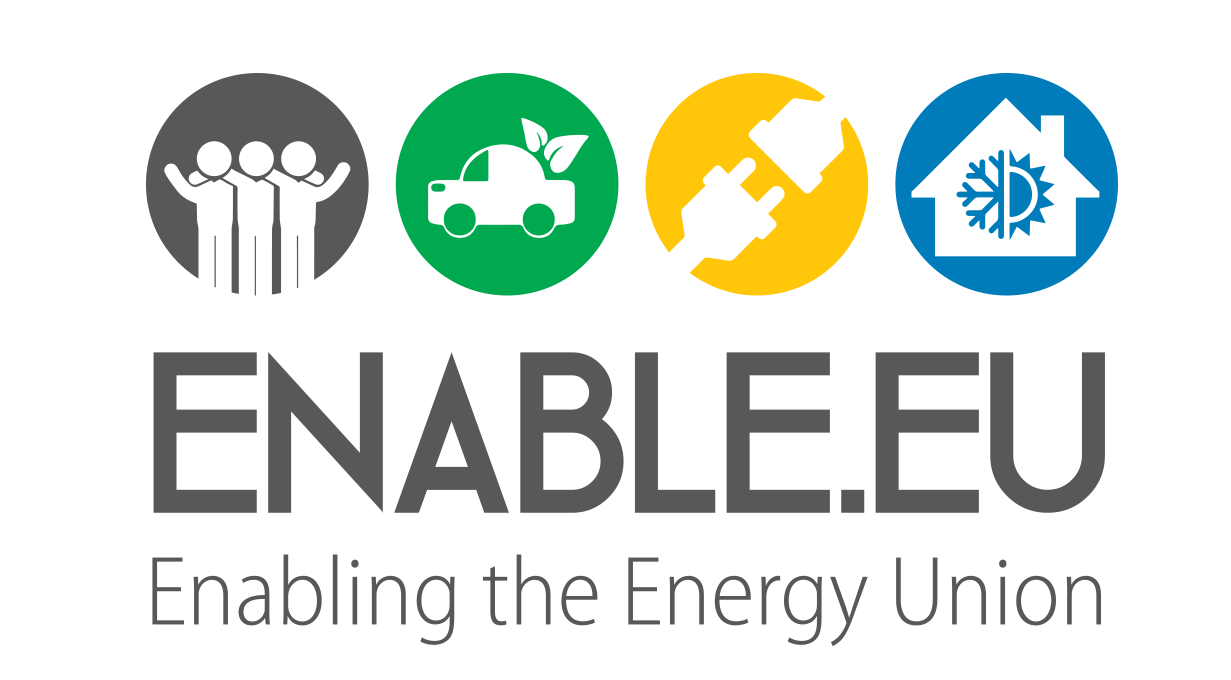 ENABLE.EU is currently conducting a household survey in eleven countries regarding individual and collective energy choices. The survey is aimed at understanding the energy-related habits, opinions and attitudes that shape people’s energy choices. It will also decipher the social, cultural, technological, economic and psychological factors at play, and look for insights into their relationship to household habits and everyday use. In this way, we can better grasp how behaviour patterns can be modified to reduce the carbon footprint. The survey, which will include demographic data, such as gender, age, and income, will seek to understand more about daily habits, attitudes towards the environment, mobility patterns, and motivations for using (or refusing to use) low carbon technologies. The questions address how easy or difficult it is to adopt energy-saving behaviours, but also try to discern the impact of more intangible and psychological aspects, such as loss aversion and the desire to conform.
ENABLE.EU is currently conducting a household survey in eleven countries regarding individual and collective energy choices. The survey is aimed at understanding the energy-related habits, opinions and attitudes that shape people’s energy choices. It will also decipher the social, cultural, technological, economic and psychological factors at play, and look for insights into their relationship to household habits and everyday use. In this way, we can better grasp how behaviour patterns can be modified to reduce the carbon footprint. The survey, which will include demographic data, such as gender, age, and income, will seek to understand more about daily habits, attitudes towards the environment, mobility patterns, and motivations for using (or refusing to use) low carbon technologies. The questions address how easy or difficult it is to adopt energy-saving behaviours, but also try to discern the impact of more intangible and psychological aspects, such as loss aversion and the desire to conform.
Following the survey, the analysis will be extended to stakeholders, with five case studies involving both households and stakeholders. These studies will cover electricity, mobility, the transition to more efficient heating & cooling, prosumers (consumers who also produce energy), and governance. The electricity case study will look at perceptions and habits regarding consumption, with a view to increasing energy conservation. The mobility case study will examine people’s daily trips to school, work, shopping and other activities, what factors – such as cost, time or comfort – are important to them, what challenges they face on a daily basis, and what sorts of incentives might prompt them to shift towards more environmentally conscious alternatives. Like the electricity case study, the heating & cooling case study will focus on energy consumption, with an emphasis on costs, and how these and other incentives might be used to encourage shifts towards low carbon technologies. The prosumer case study will look at what kinds of low carbon technologies citizens are adopting, and what motivates them to do so (or to avoid doing so). Finally, the governance case study will examine the role of public policy, that is, the provision of incentives (subsidies, tax breaks) and infrastructure (charging stations, bike lanes) in changing behaviour and how these policies are perceived by citizens.
The results of the survey and case studies will offer unique insight into how people think about energy, and will provide much food for thought on how governments, businesses, organisations and associations can support and encourage the transition to cleaner energy.
